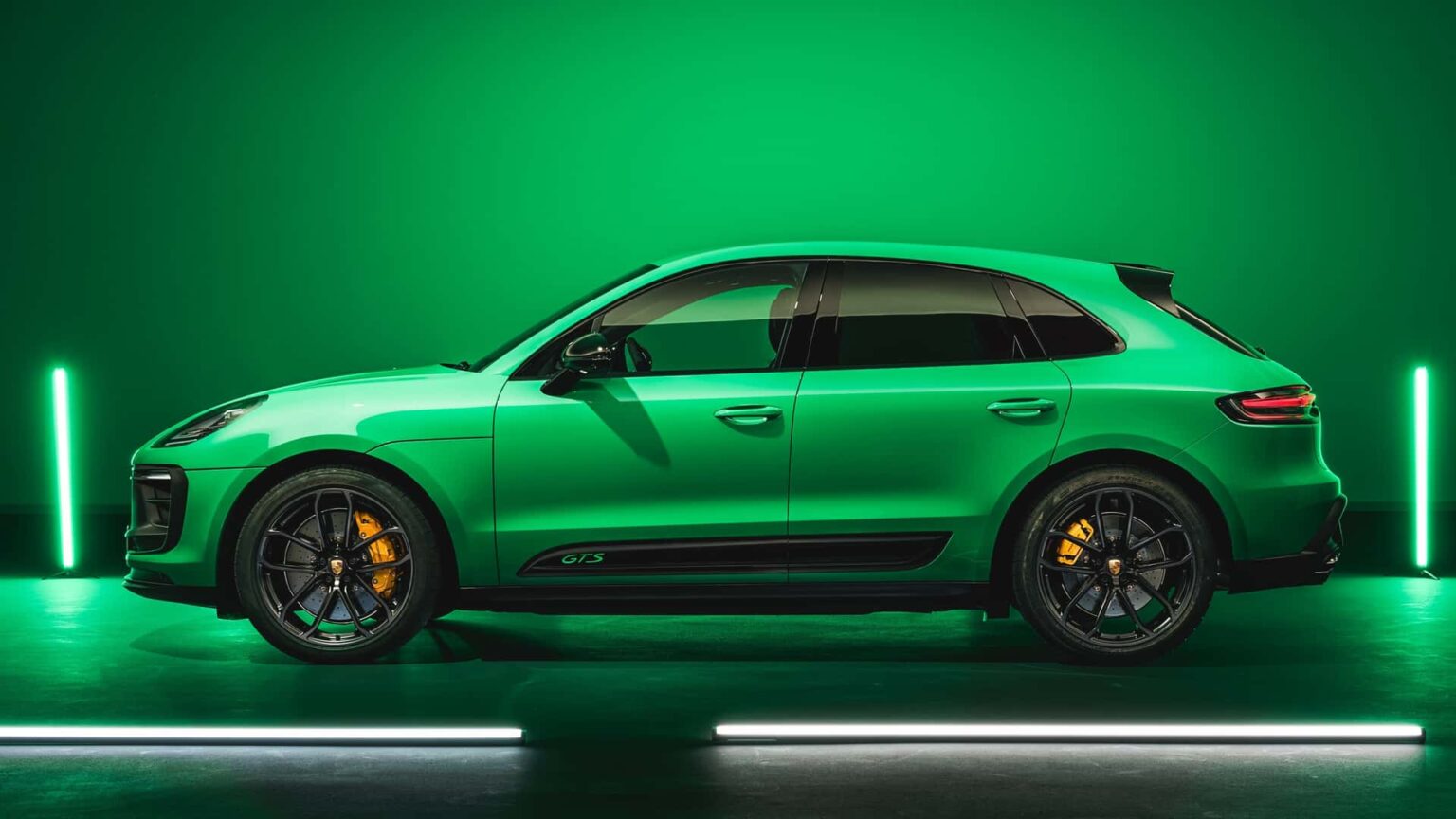Porsche is scrambling. Going fully electric with the Macan was a bold decision that came at the wrong time, as luxury EV demand faltered in the US and Europe, and Porsche sales essentially collapsed in China. Porsche won’t revive the gas-powered Macan, sadly, but the company is making a successor—and it’s trying to do so cheaply and quickly.
Autocar reports that this new gas-powered SUV, codenamed “M1,” will be a twin to the new Audi Q5, which rides on that brand’s Premium Platform Combustion (PPC) architecture. The original Macan was a twin of the Q5, but Porsche spent a lot of money and effort reengineering the car to make it worthy of the Stuttgart crest. That included new V-6 engines and an entirely bespoke all-wheel drive system.
That won’t be the case for this coming SUV. Autocar says that the “M1” will use the same front-wheel-drive-based Quattro Ultra all-wheel drive system as the Q5 and other new Audi models. In the Q5, the system operates as front-wheel drive in most normal driving scenarios, but shifts torque rearwards when deemed necessary. It can send a maximum of 70 percent of engine torque rearwards, and in some models, Quattro Ultra employs an electronic rear differential that can bias torque across the axle.
It’s a more efficient system than the traditional Torsen-center-differential Quattro all-wheel drive, or the original Macan’s Porsche Traction Management, which always sent power to the rear. That’s good for helping hit the increasingly strict fuel-economy and emissions targets Porsche (and every other automaker) faces everywhere except the US these days.
The Quattro Ultra drivetrain of the Audi A6
Photo by: Audi
Using Quattro Ultra is also cheaper and easier for Porsche. When confirming the “M1” project this past summer, Porsche CEO Oliver Blume said that the brand is aiming to develop this SUV in a relatively short three years.
And Porsche needs to save costs wherever it can. Taycan sales have fallen sharply, tariffs are hitting it hard in the US market, and Chinese customers are rejecting non-domestic brands like Porsche. The electric 718 Boxster and Cayman models are also significantly behind schedule and will be a tough sell when they arrive, as there doesn’t seem to be much of a market for electric sports cars.
But Porsche has never done a front-biased all-wheel drive system in its nearly 40-year history of selling all-wheel drive cars. It’s always gone for rear-drive bias for superior driving dynamics. The reality is that the “M1 will still drive well thanks to ever-clever Porsche engineering, but it reflects just how much the fortunes have changed for a company that was once the envy of the entire auto industry.
Read the full article here



